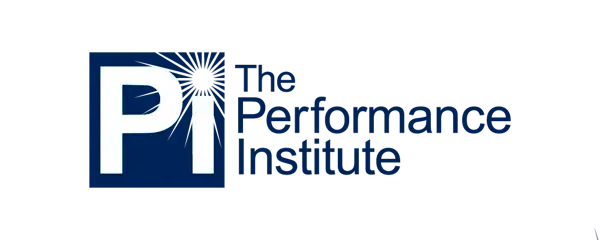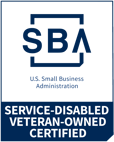This blog is based on Episode 14 of our GovEd Talks Video series: Exploring culture change in the private sector by Alex Smith, Head of Strategy and Execution HCM Public Sector at Oracle.
In any organization, securing member buy-in is often one of the most formidable challenges faced, especially when introducing new practices or technologies. At The Performance Institute, we understand the complexities involved in navigating such transitions and have identified key strategies to facilitate culture change effectively.
Understanding Resistance to Change
The resistance to change often stems from deep-rooted adherence to traditional practices and skepticism about alternative approaches. Overcoming this resistance requires demonstrating the feasibility and benefits of embracing new methodologies.
Investing in People and Resources
Investment in human capital and technological infrastructure is paramount for fostering organizational evolution. Increasing tuition reimbursement, promoting professional development, and upgrading technology are vital steps towards building a dynamic workforce capable of adapting to changing landscapes.
Embracing Adaptability and Flexibility
Change is seldom linear and requires organizations to remain adaptable and flexible in their approach. Embracing uncertainty and navigating through peaks and valleys with resilience are critical attributes for successfully steering the ship of change.
Celebrating Milestones and Successes
Recognizing and celebrating achievements along the journey instills a sense of accomplishment and motivation among team members. From program launches to efficiency improvements, each milestone deserves acknowledgment and serves as a catalyst for further innovation.
Demonstrating Cost Savings and Efficiency Gains
Tangible evidence of cost savings and efficiency gains validates the efficacy of new initiatives. For instance, the implementation of retiree private exchanges and innovative healthcare programs resulted in significant reductions in liabilities and stabilized healthcare costs.
Cultivating Resilience in the Face of Challenges
Resilience is the bedrock of sustained culture change, especially during turbulent times. Despite funding constraints or unforeseen obstacles like the COVID-19 pandemic, perseverance and unwavering commitment to organizational transformation are indispensable.
Conclusion
At The Performance Institute, we advocate for a holistic approach to culture change, one that prioritizes member buy-in, investment in resources, adaptability, celebration of achievements, and resilience. By embracing these principles, organizations can navigate through transitions effectively and emerge stronger and more agile than before.
If you're interested in learning more about culture change, consider enrolling in our upcoming course Fostering Continuous Change. This course is designed to help managers and supervisors prepare their employees to develop a capacity to adapt effectively in an environment of continuous change.














